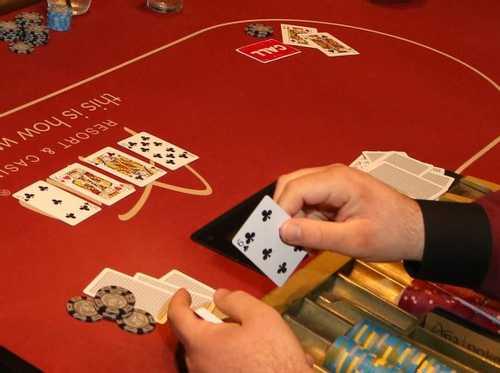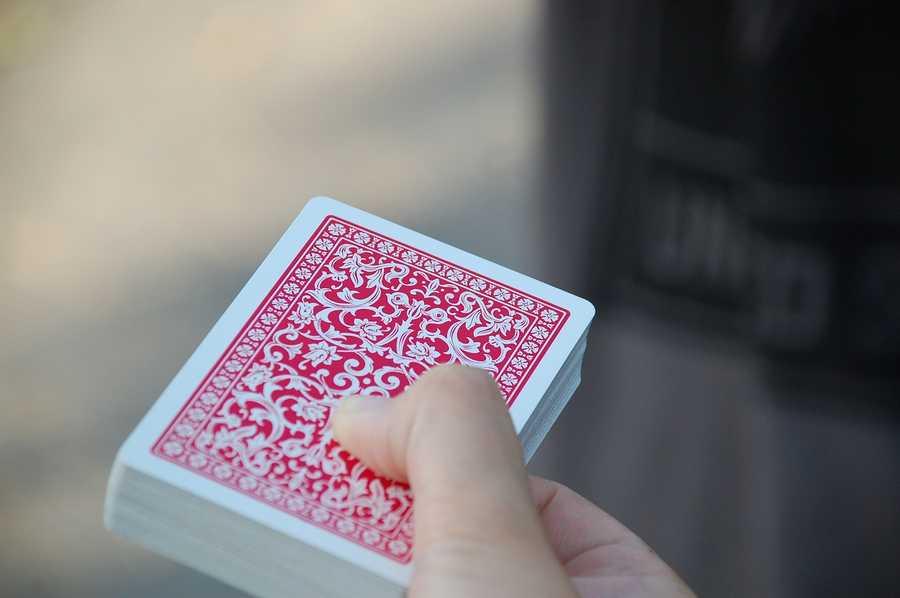The Hard Truth Of Poker — And Life: You’re Never ‘Due’ For Good Cards
Curated from: fivethirtyeight.com
Ideas, facts & insights covering these topics:
2 ideas
·502 reads
5
Explore the World's Best Ideas
Join today and uncover 100+ curated journeys from 50+ topics. Unlock access to our mobile app with extensive features.
Gambler’s Fallacy
The odds are always fifty-fifty. But most of us anticipate better odds, or better luck, after a bad streak, as if now we are due for good luck.
This ‘Gambler’s Fallacy’ assumes that probability as a whole has memory, and if the coin is flipped ten times and shows ‘heads’ in all ten, the odds are huge for it showing ‘tails’ in the 11th spin.
42
251 reads
The Biggest Bluff
Maria Konnikova, in her soon to be published book The Biggest Bluff, tells us that Poker is a real game, closer to life as opposed to the modern games which try to ‘game’ our brains’ and exploit its weaknesses.
Poker pushes us out of our comfort zones and illusions and puts us where life is, unpredictable, and always with fifty-fifty odds.
34
251 reads
IDEAS CURATED BY
George I.'s ideas are part of this journey:
Learn more about problemsolving with this collection
Ways to improve productivity
Strategies for reducing stress
Tips for managing email overload
Related collections
Similar ideas
5 ideas
How to make smarter decisions ~ Get Rich Slowly
getrichslowly.org
4 ideas
How to think under pressure
bbc.com
5 ideas
Smarter People Take More Risks | Scott H Young
scotthyoung.com
Read & Learn
20x Faster
without
deepstash
with
deepstash
with
deepstash
Personalized microlearning
—
100+ Learning Journeys
—
Access to 200,000+ ideas
—
Access to the mobile app
—
Unlimited idea saving
—
—
Unlimited history
—
—
Unlimited listening to ideas
—
—
Downloading & offline access
—
—
Supercharge your mind with one idea per day
Enter your email and spend 1 minute every day to learn something new.
I agree to receive email updates

